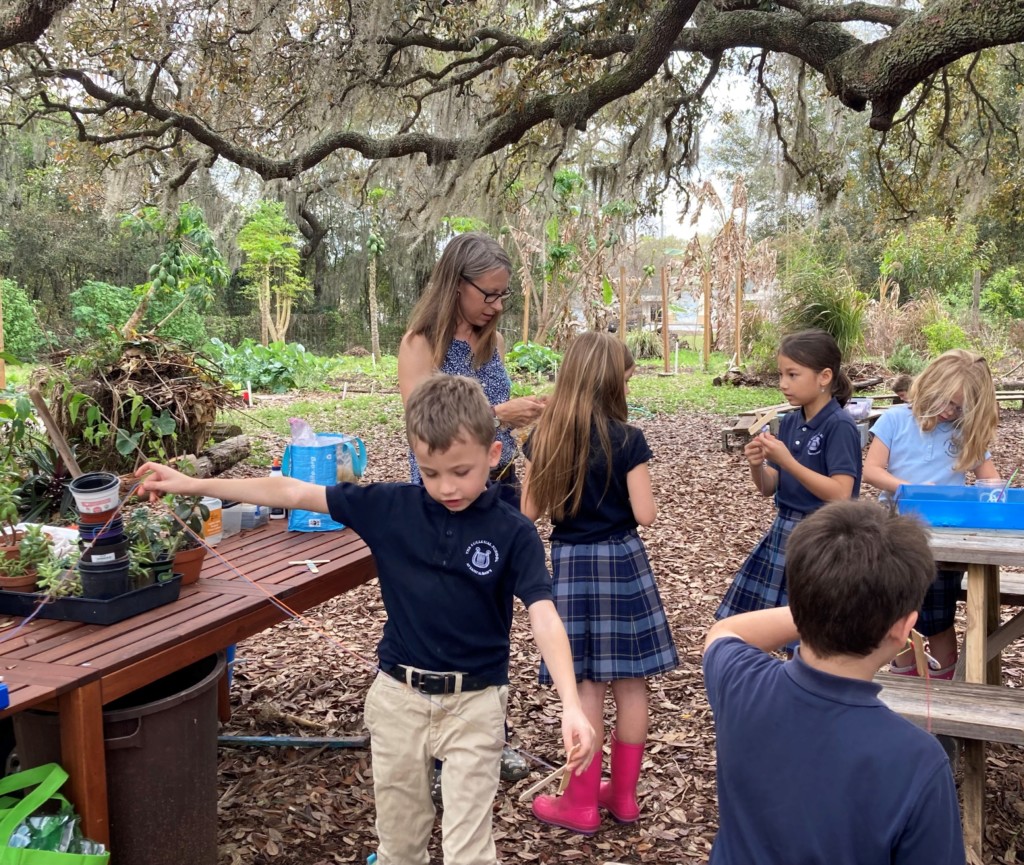
Editor’s note: This commentary from Step Up For Students’ director of strategic communications Scott Kent appeared Monday on naplesnews.com.
In her April 15 column, Sharon Harris-Ewing paints a quaint, Norman Rockwell idea of public education – one that, if it ever truly existed for all, is from a bygone era. The notion that centralized systems can accommodate every client’s needs, let alone unite them under common beliefs, belies the reality that is the United States today.
Over the last several decades, in accordance with the rise in personal technologies, Americans increasingly have become accustomed to having more choices in their lives — in where, how, and when they shop for goods and services, the media and entertainment they consume, and how they express themselves.
The nation is far larger and much more diverse in culture and in thought than it was when the traditional system of public education was created in the 19th century, its citizens more capable of circumventing traditional gatekeepers and customizing their experiences.
Education choice is a natural progression of that social change. It is not replacing public education — it is redefining it for the 21st century.
Florida has been at the forefront of this transformation. For 20 years it has provided parents with more options in their children’s education, be it public, private, or homeschooling. Some families have always had these choices because they could afford them — they could move to a neighborhood and attend a zoned school that best fit their children’s needs, or they could pay out of pocket for private school tuition.
Choice scholarships have helped level the playing field, ensuring that more families have the same opportunities regardless of their socio-economic status.
To continue reading, click here.


